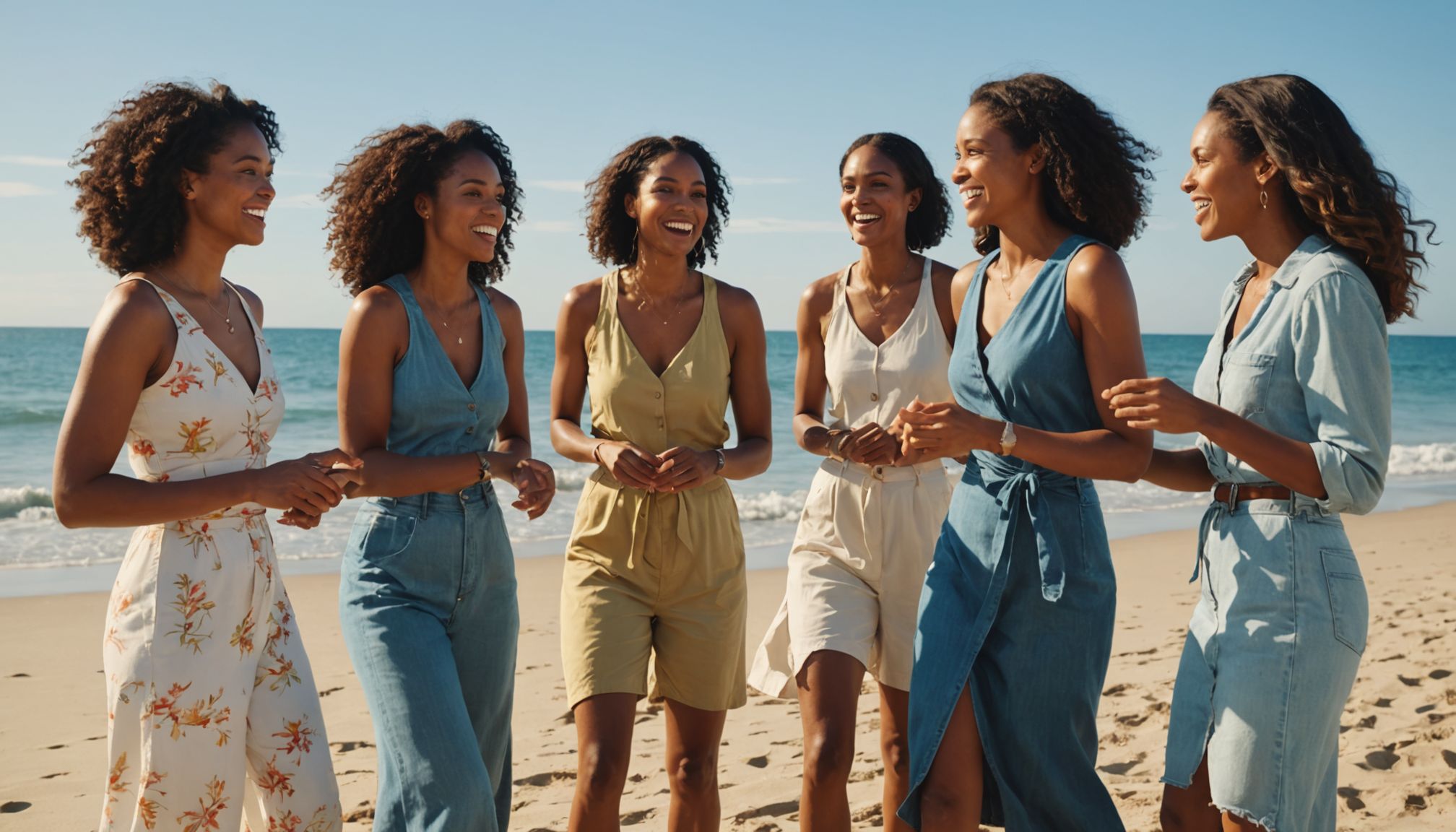Is she a ‘girl’s girl’ — or just playing one on TV? The great ‘Love Island’ debate
“Girl code” has stirred up drama on the hit reality show.
Steffi Cao, Freelance contributor
Sat, July 12, 2025 at 10:00 AM UTC
7 min read
Love Island stars Huda Mustafa and Chelley Bissainthe have sparked a debate about what it means to be a “girl’s girl.” (Photo illustration: News; photos: Ben Symons/Peacock)
For the past month, the reality dating show Love Island USA has been the center of discourse among millions of users online thanks to its near-daily episodes filled with drama, betrayal, and flirtation. It’s a show in which single 20-somethings pair up into couples to try to win $100,000 (and, you know, fall in love). But fans have noticed that a theme has overshadowed the romance of this season: what it means to be a “girl’s girl.”
“Two huge things I’m over: the forced sisterhood and the overuse of therapy terms,” one viewer complained on Reddit last week. Another took to X: “If I hear one more person on Love Island say ‘girl’s girl’…”
The idea of what sisterhood should look like among women has been prevalent as soon as this crop of hot singles touched down in the Fiji villa. Barely into episode 2, Huda Mustafa refers to fellow cast members Olandria Carthen and Chelley Bissainthe as her “sisters,” saying that she is excited for their “sisterhood” to grow during the show.
But this automatic kinship is soon tested when “bombshells” — contestants who unexpectedly join the show to put existing relationships to the test — enter the villa, and the fissures begin to show: Mustafa calls bombshell Amaya Espinal a “bitch” moments after meeting her and later says that bombshell Iris Kendall is “shady” and “not a girl’s girl” after she kisses Mustafa’s partner, Jeremiah Brown, during one of the villa-wide games.
As the web of drama and love triangles continued to unfold, the bonds of this compulsive sisterhood hit a boiling point when contestants wrote both signed and anonymous notes to one another in the challenge “Stand on Business.” Mustafa, now partnered up with Chris Seeley (who had previously expressed interest in Bissainthe), was suddenly in the firing line. She received two scathing notes, one of which read: “Do you think you’ve been following girl code when it comes to Chris and Chelley’s relationship? Are you a girl’s girl?” Bissainthe also called Mustafa out in her signed note: “If you’re going to preach about being a girl’s girl, you should practice what you preach.”
So what is a girl’s girl? While the “mean girl” — depicted in pop culture through characters like Regina George in Mean Girls or Grease’s Rizzo — is someone who’s quick to put down other women, a “girl’s girl” is the opposite. She sticks by her girls no matter what. A girl’s girl unfailingly abides by the unspoken rules of “girl code,” like not dating your friends’ exes or gatekeeping where your outfit is from. She doesn’t act like she’s cooler than thou, and she certainly doesn’t live for the approval of men (aka the much-mocked “pick-me girl”). In the process, the “girl’s girl” has become the gold standard of a feminist, sisterly woman — someone who’s not just a good friend but also can claim the moral high ground.
Haley Metzger is a longtime fan of the Love Island franchise and has watched the “girl’s girl” dynamic unfold on the show over time. “Some girls would come in and be aggressive and pursue boys who were coupled up, and other girls were more conscious and would always ask the girls’ permission to pull someone for a chat,” she tells News. “The contestants who were labeled ‘girl’s girls’ aligned with viewers’ overall opinion of how women should treat each other, and so the Love Island ‘girl’s girl’ became the standard.”
It makes sense why this archetype has become so celebrated onscreen and off-screen. Many women have stories of dealing with mean girls and the like or felt the sting of playing second fiddle to men. But it has also given way to vague definitions: A “girl’s girl” could be a woman who likes fruity drinks, a woman who texts her friends before her boyfriend, or someone who doesn’t call out other women when they make mistakes or are in the wrong. Similarly, a random assortment of infractions — from dating someone else’s

